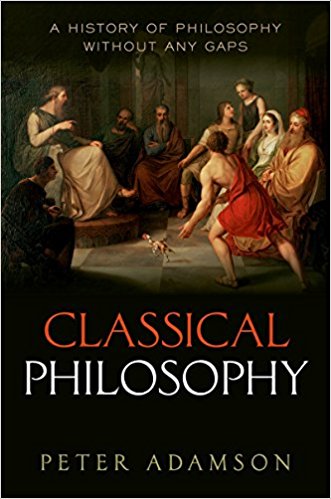
I was reminded of an anecdote by Don Aslett, a well-known efficiency expert:
A young woman unloading her car had a back seat full of stuff to carry into a building. To take the fullest advantage of the trip, she piled on last ceramic bowl in a precarious position atop an armload. As she started up the steps the beautiful bowl rolled off and smashed on the concrete, and out came that old “after the fall” remark: “I just knew that would happen.”
Have you ever stopped to consider that at least three quarters of the time foulups are predictable?
(Don Aslett, How to Handle 1,000 Things at Once, Marsh Creek Press, 1997).
The key words in that passage are “Have you ever stopped to consider . . . ?” No, in the heat of the moment that’s just what you don’t do. That’s why inanimate objects (and sometimes animate ones) seem to conspire against you at the worst possible time. It’s not their doing; it’s yours. Those red lights that seem to pop up when you’re racing to get somewhere aren’t timed to delay you; it’s just that when you’re late you notice them more. That door that swings back and closes when you’re trying to get through with an armload isn’t out to get you; it’s just that you’re so heavily laden that you can’t move fast enough to stop it from closing. I don’t think I’m the only one who experiences this very common frustration.
So what’s the remedy? Slow down. Think. I tell a story in my book about being twenty minutes late for an appointment because I (thought I) didn’t have enough time to look up the directions online. So I didn’t know exactly where I was going and ended up wandering around a very large shopping center looking for a very well-hidden restaurant. My original lateness and lack of planning caused the lateness.
I would highly recommend anything by Don Aslett, by the way. He writes about time management and housecleaning. (He runs a janitorial business.) I think my favorites are How to Have a 48-Hour Day and Clutter’s Last Stand. I foresee many opportunities to put his principles into action over the next couple of weeks, especially as I plan and carry out the reception for the Cherry Creek Chorale‘s wonderful upcoming concert. I’m going to try the mindful approach. We’ll see what happens.
 Classical Philosophy: A History of Philosophy Without Any Gaps, Vol. 1, by Peter Adamson, Oxford University Press, 2014.
Classical Philosophy: A History of Philosophy Without Any Gaps, Vol. 1, by Peter Adamson, Oxford University Press, 2014.